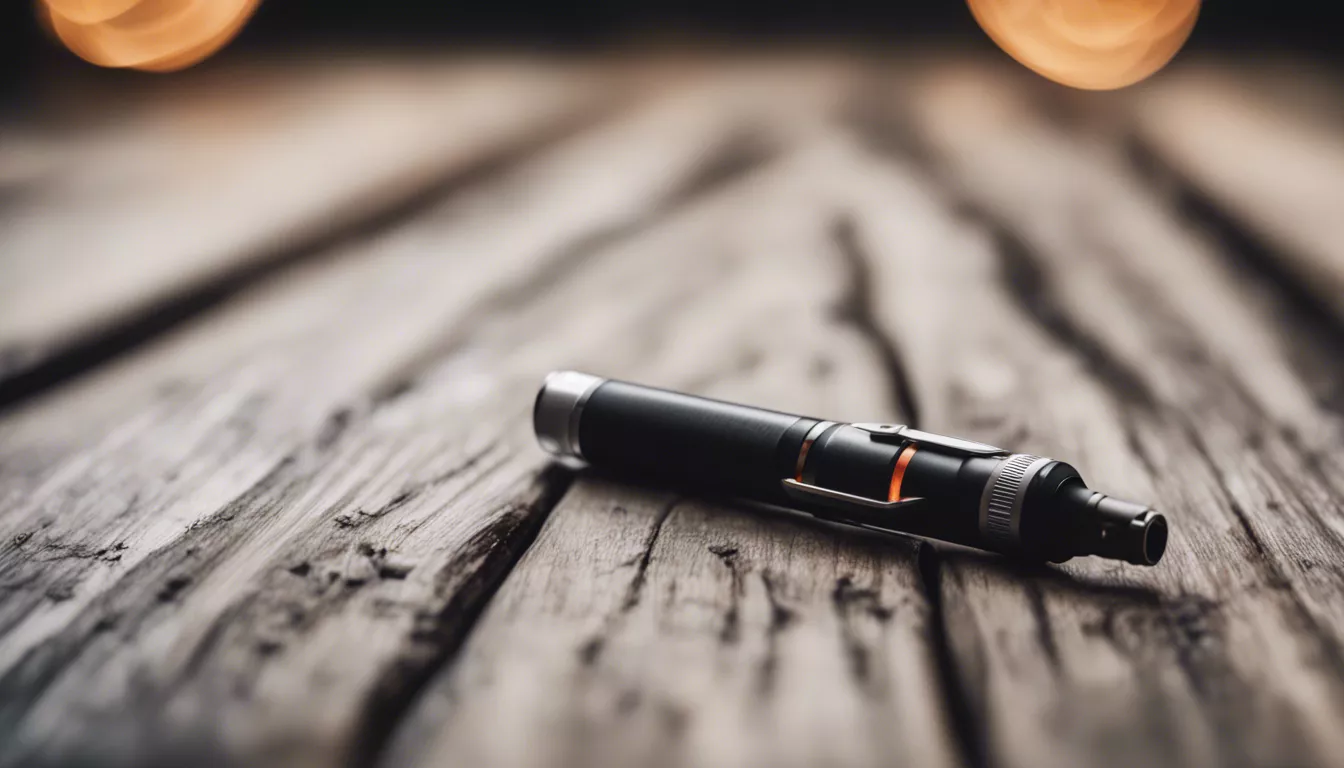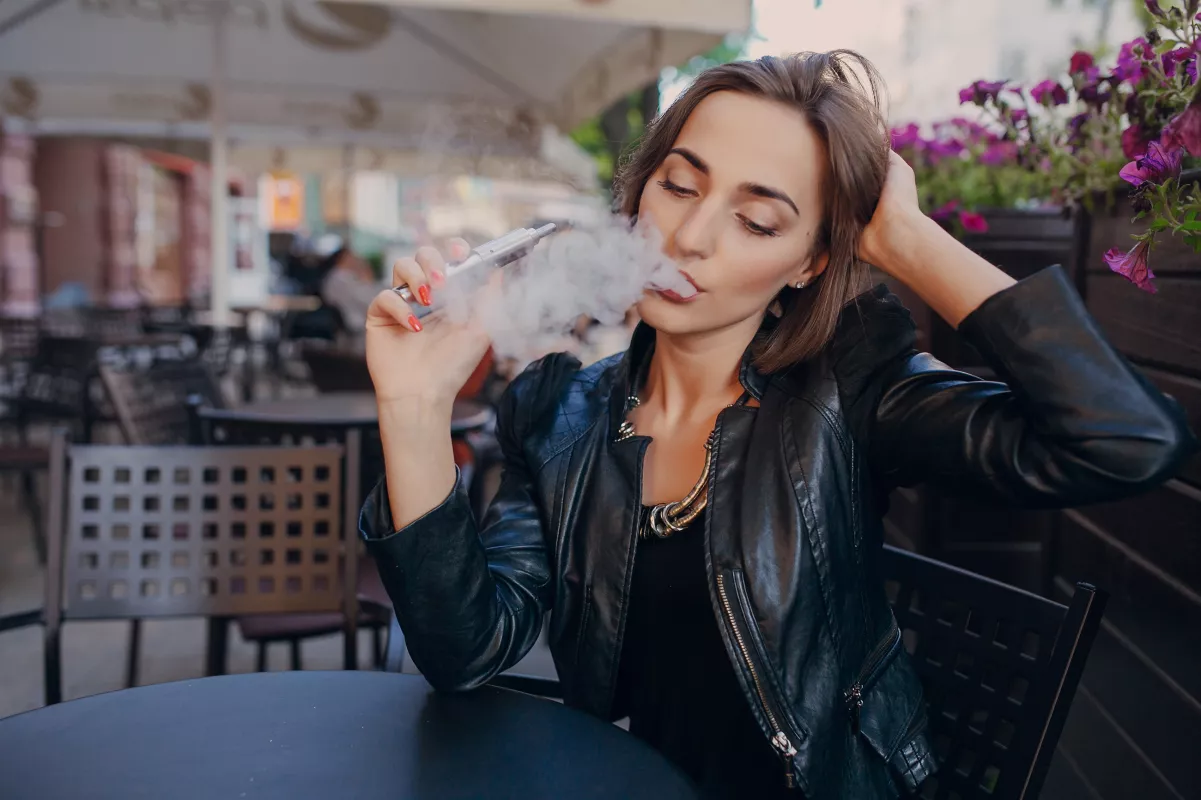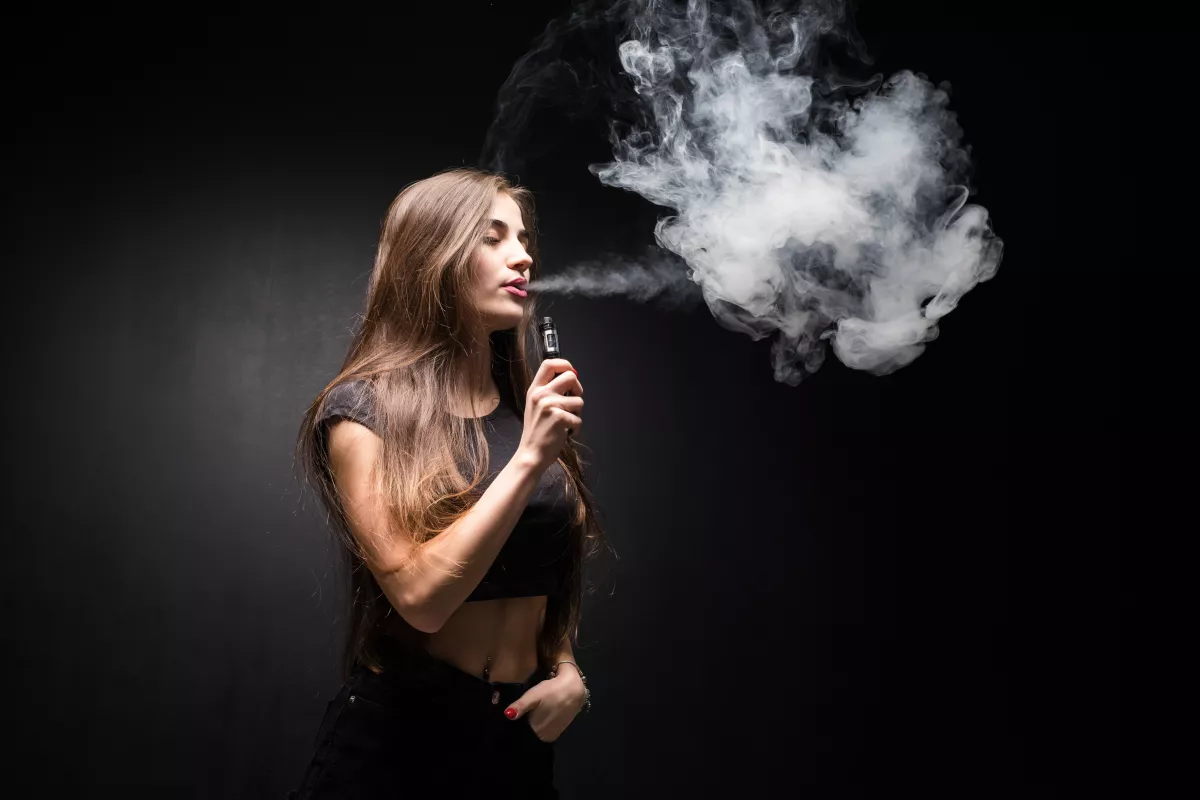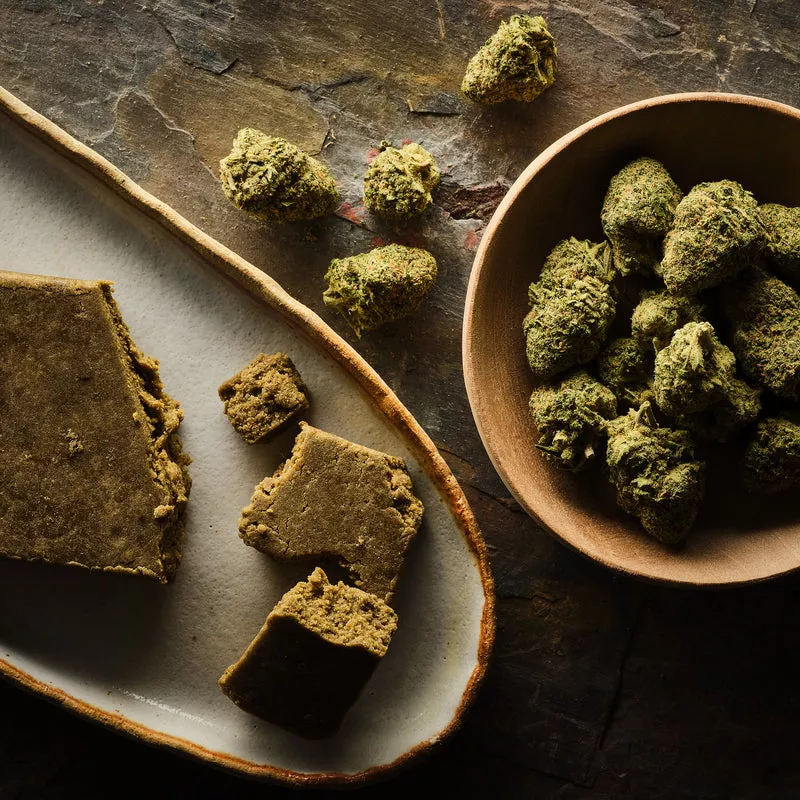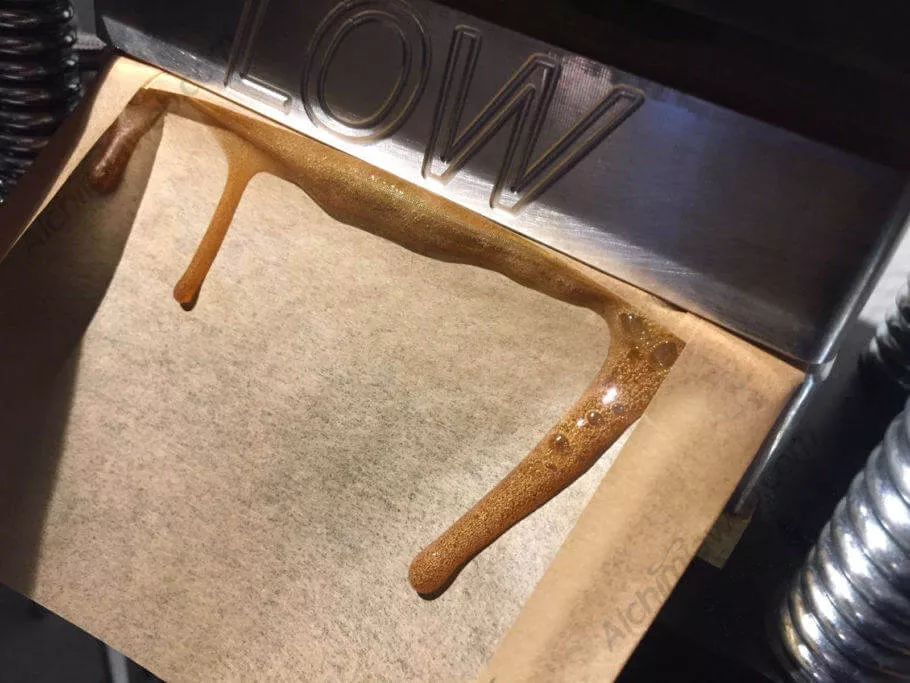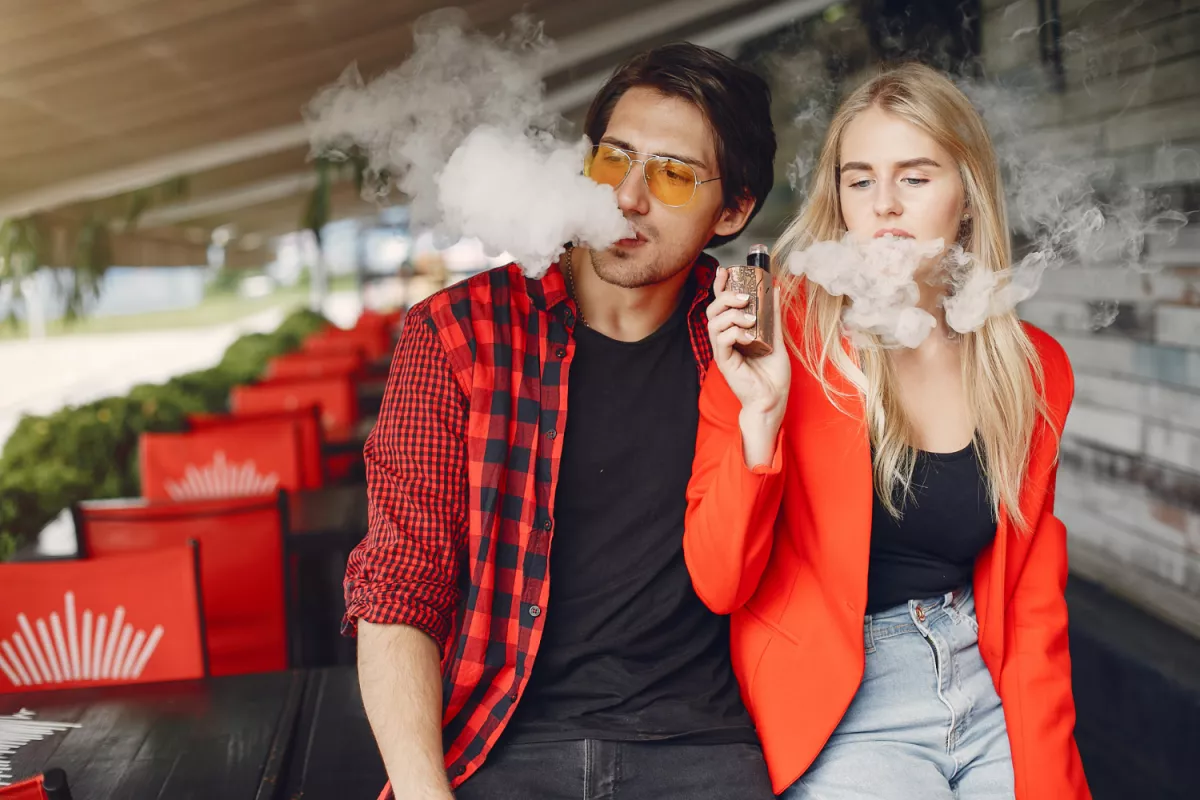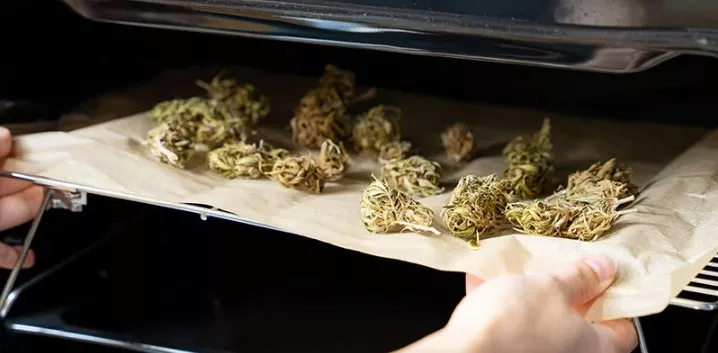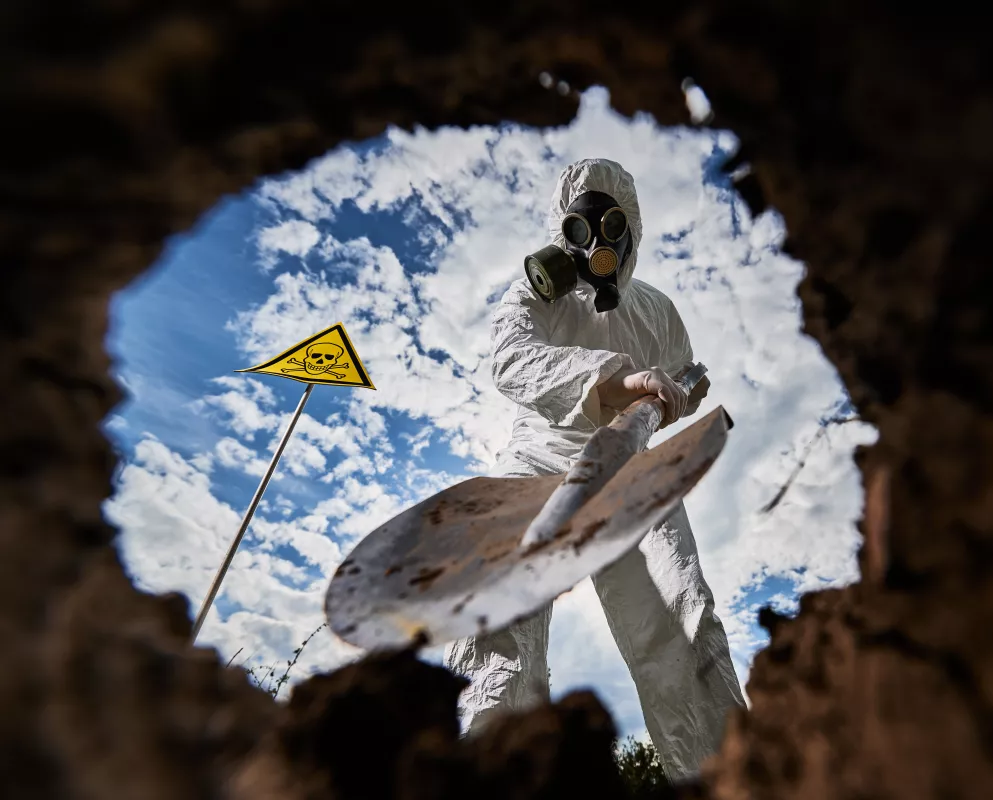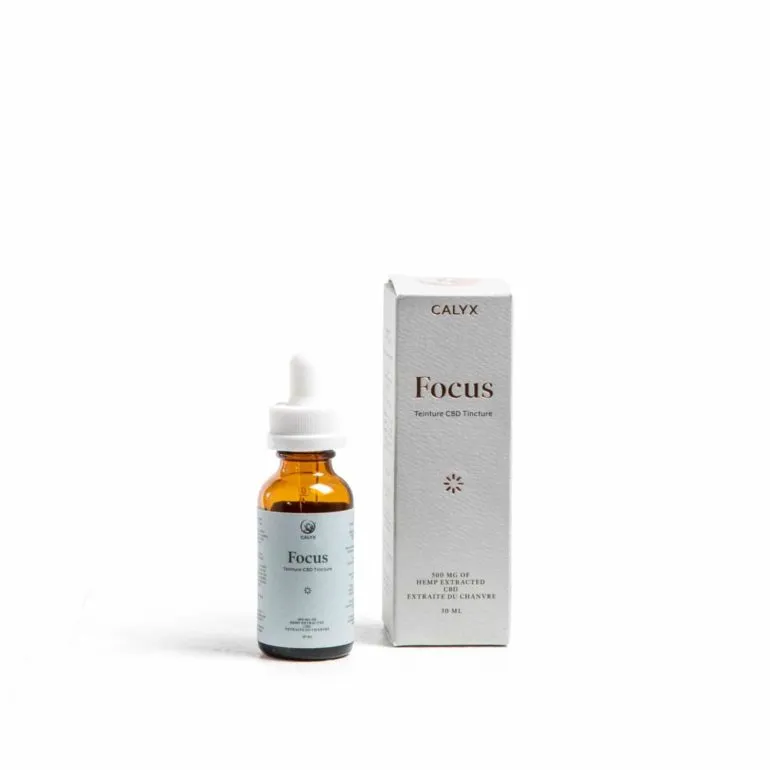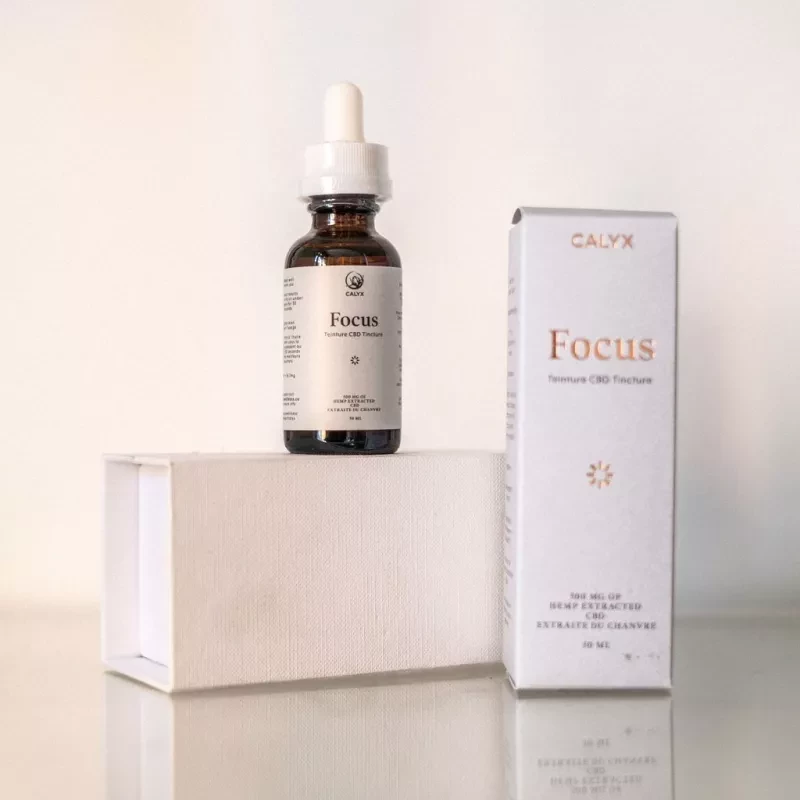- Shop All
- Type
- (144) THC>
- (75) CBD>
- Need
- Sleep>
- (21) Pain>
- (10) Anxiety>
- (6) Pets>
- (88) Edibles
- (14) CBD Edibles>
- (60) THC Edibles>
- (3) Ratio Edibles>
- (33) Hybrid Edibles>
- (87) Vegan>
- (5) Beverages>
- Strain
- (29) Indica>
- (24) Sativa>
- (47) Hybrid>
- (14) Tinctures
- (5) Anxiety Tinctures>
- (9) CBD Tincture>
- (1) Pain Tincture>
- (4) Ratio Tincture>
- (4) Sleep Tincture>
- (4) THC Tincture>
- (4) Capsules
- (1) CBD Capsules>
- (0) THC Capsules>
- (3) Ratio Capsules>
- Foggers
What are CBD Tinctures?
Olivia St JamesMarch 8, 2022LatestContents
CBD is a compound in abundance in hemp and cannabis plants; the term is short for cannabidiol. And its high popularity is due to the benefits that research and anecdotal evidence have shown it provides.
CBD is considered safe and has non-psychoactive effects; this is different from THC, another popular cannabinoid found in less abundance in the hemp plant.
Many CBD methods are now available to suit different needs, but if you are still confused, what are CBD tinctures, their benefits, and the available products? Here we provide you with a guide on what they are and how to use CBD tinctures.
What is a CBD oil tincture?
To get the confusion out of you, when you hear the expression “CBD oil,” you should know that it's commonly used to refer to a CBD tincture, and this term is used primarily for CBD oil-based tinctures. There are CBD alcohol-based tinctures made in the traditional way of herb tinctures.
In the past, herb tinctures were the most common medicinal options available to help with health problems, and today they still hold their place in the alternative and more natural method to approach an ailment.
Tinctures are made with dried or fresh herbs and other plant material, soaked in alcohol, which breaks down the plant's cell wall and releases the compound of the plant into the alcohol.
Therefore a tincture is a liquid concentration of plant compounds, and in the CBD industry, you can find CBD concentrations in alcohol or oil. Due to CBD lipophilic property and the carrier's additional benefits, reputable companies will formulate CBD tinctures in oil. Also, a CO2 extraction would be the preferred method over an ethanol extraction due to the CO2 safer and cleaner procedure.
CBD tincture, CBD oil is then a CBD oil-based tincture, blended with carrier oils like MCT oil, olive oil, hemp oil, or coconut oil; nicely stored in amber glass (or plastic to protect it from sun rays) with a graduated dropper for precise dosage.
What are the Benefits of a CBD tincture?
One of the great benefits that CBD tinctures offer is higher bioavailability. A person can feel the effects in less time when compared with oral CBD methods like gummies and chocolates.
Higher bioavailability means that a higher percentage of CBD will reach the systemic circulation in this case. When applied sublingually, the CBD tinctures effect will be felt in less than 30 min and last around 6 hours.
Another benefit CBD tinctures offer is fewer added ingredients, and usually vegan; carrier oils where CBD is blended are plant-based unless it´s a pet tincture with animal-derived oils like salmon oil.
Additionally, CBD is a cannabinoid that can deliver benefits thanks to the interaction with the Endocannabinoid system in the body through receptors CB1 and CB2.
The ECS is made of receptors; two have been identified; the CB1 receptor is found abundantly in the brain and central nervous system, while CB2 receptors are located in the muscular, immune, and cardiovascular systems. The Endocannabinoids system's function is to maintain bodily functions like appetite and memory, metabolism, immune response, and more; to provide a balance in the body to keep it healthy.
There can also be an endocannabinoid deficiency similar to minerals and vitamins deficiency. According to research, CBD can modulate and influence the duration in the ECS of cannabinoids and endocannabinoids before breaking down, giving them enough time to deliver or do their functions and bring balance to the body´s health.
CBD's role in the ECS has helped identify its benefits to health issues like anxiety, depression, sleep problems, pain, inflammation, and even but still under research, neurodegenerative diseases.
How to use a CBD tincture?
CBD oil tincture presentation is very convenient for getting the right amount of CBD drops; the graduated dropper makes it easy to take just the amount desired of CBD oil and, when needed, change your dosage. Simply mix your CBD tincture, fill the dropper with the desired quantity of CBD, and insert it beneath your tongue to get your daily CBD dose. Keep it under your tongue for 60-90 seconds, then sip water to flush out any remaining oil.
CBD has the characteristic of being fat-soluble, which makes it ideal to be infused in carrier oils like hemp oil, coconut, olive, or MCT oil ( this last one with a higher absorption rate). In addition, you can add it to food rich in healthy fats or oils; just take into account that when taking CBD oil tincture orally, it will go through the digestive system, bringing about 40 min to 2 hrs to have an effect.
Now, if you wonder how to preserve your CBD tincture, know that they have a long shelf life; keep the top tightly, store it in the dark, and please don´t touch your mouth with the dropper to avoid bacteria getting into your CBD oil. Your CBD tincture should last over a year; still, read the expiration date every so often.
If you find it hard to make your calculation for your CBD tincture dose, here at Birch and Fog, we provide you with a handy dosage calculator; just select the species “human,” then select your primary purpose for using the product. After that, choose the degree of your symptoms(mild, average, or severe) and enter your weight. Finally, you'll include product-specific information such as the bottle size and the number of milligrams in the product.
Top Choice CBD Oil Tincture
Our list covers a top selection of CBD tinctures accessible in our online shop, for a variety of needs and expertly mixed with MCT oil, the ideal carrier oil for CBD delivery.
1 Natuur | Flavoured Full Spectrum CBD Tinctures
Reap the advantages of the entourage effect with Natuur flavored full spectrum CBD tincture; ease symptoms of pain, anxiety, depression, sleep problems, and more. An amazing flavored CBD tincture, with two available options of mint and lemon-ginger. In addition, this full-spectrum CBD oil is vegan, lab tested, and 100% organic, infused in MCT oil for better delivery.
Pros
- Full-spectrum CBD oil
- Organic
- Vegan
- MCT oil
- Lab Tested
- Two flavor presentation
Cons
- Not recommended for people sensitive to THC.
Highlights
- Extraordinary flavor options of mint and lemon-ginger.
- Available in strengths of 500 mg and 1000 mg.
2 Calyx|FOCUS CBD Tincture
Calyx, pure hemp extracted CBD tincture blended in MCT oil and grape oil, rich in antioxidants, providing relief for minor symptoms like headaches, stress, and muscle aches.
Pros
- Hemp extracted CBD
- MCT oil
- Grape oil
Cons
- Only one strength presentation
Highlights
- FOCUS CBD tinctures in a beautiful amber bottle presentation of 30 ml and 500 mg CBD strength.
3 Me First | Sleep CBD Tincture
A wonderful tincture blend of CBD full spectrum in MCT oil and properties of chamomile and marjoram. Me First CBD tincture is designed for better sleep and healing nights, providing calmness and relief of symptoms of common causes of sleep problems, like chronic pain, anxiety, stress, stiff neck and shoulders, or sore muscles from exercise.
Pros
- Full-spectrum CBD oil
- MCT oil
- 30 ml presentation
Cons
- Only one strength presentation is available.
Highlights
- Sleep CBD tincture by Me First, specially designed for better sleep with 500 mg CBD strength.
0/5 (0 Reviews)Latestfrom B+FBe the first to know about exciting new products, special events, seasonal offers, and much moreOur Collective
Wellness to your doorstepCopyright © 2024 All Rights Reserved | BIRCH + FOG[gtranslate]Save your cart?
x

